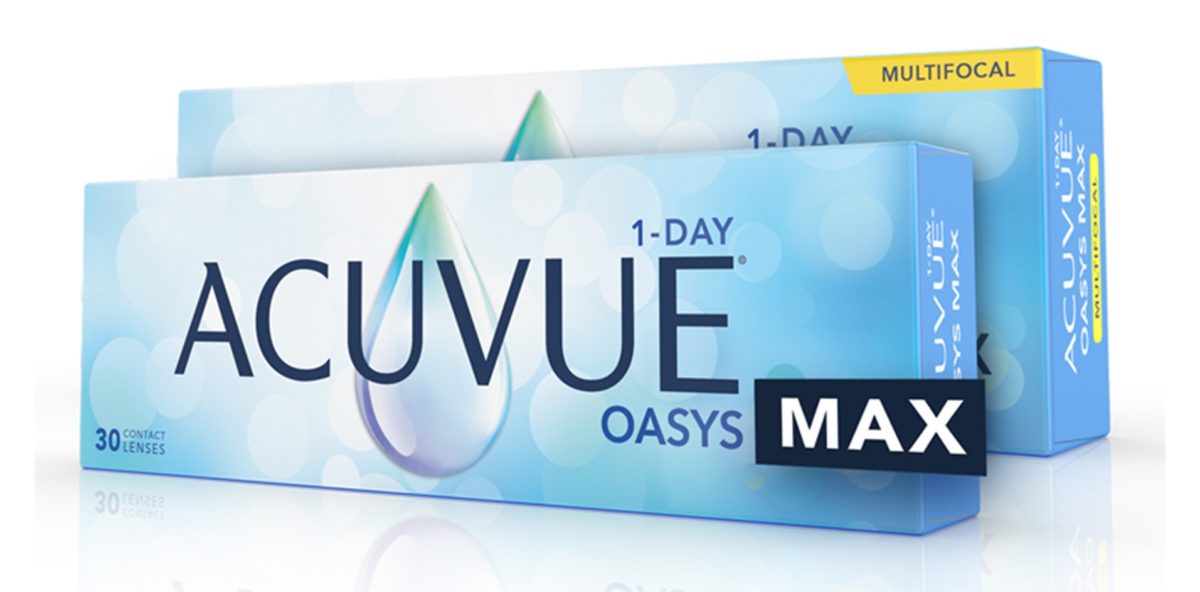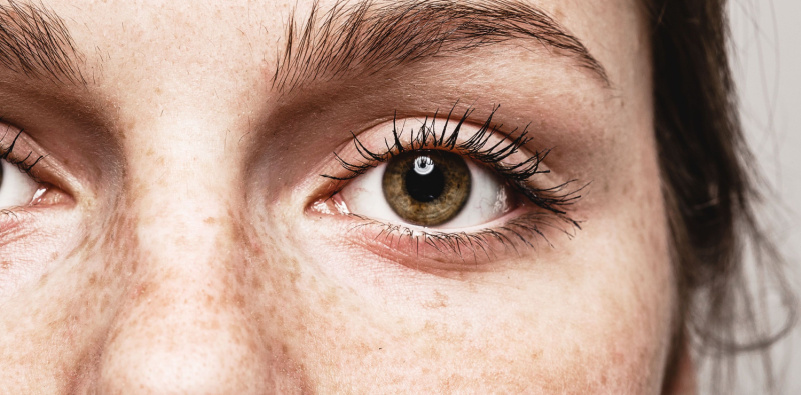If you find you usually spend winter suffering from dry, sore eyes, don’t worry – you’re not alone, and we can help. Many people suffer from Dry Eye syndrome at some point in their life, and it’s known to become more common in winter because of the wind outside and heating indoors, which dries out the air.

How do you know if you have Dry Eye?
There are a number of common symptoms of Dry Eye, which include:
- itchiness
- burning or stinging sensation
- tired or fatigued eyes
- scratchy feeling, as if there is something in your eye
- red eyes
- sensitivity to light
- blurred vision

Causes of dry eyes
Dry, sore eyes can be caused by many things. Firstly, there are environmental considerations, such as pollution, smoke and wind. Then, there are medical attributes, such as being a contact lens wearer, natural ageing, or have certain autoimmune conditions. Dry Eye syndrome is also linked to blepharitis – inflammation of the rims of the eyelids.

There are different types of dry eye. Sometimes, the glands don’t produce enough tears to keep the eyes wet. Or, it could be that your tears dry up too fast, or they don’t contain the right levels of different components to work to keep your eyes sufficiently moist.
What to do if you have Dry Eye
While there is no specific cure for dry eyes that will help everyone, there are lots of things you can do to help alleviate the symptoms. Making sure you take regular breaks from looking at screens – purposely blinking more will help, as you blink less when staring at a screen or book.
You could also try introducing a humidifier to your home or workplace to combat dry air. In the winter, particularly when it’s windy out, try wearing wraparound sunglasses to protect your eyes from the wind. It’s a good idea to make sure you’re drinking enough water during the day and getting enough sleep at night, too.

To find the cure for Dry Eye specific to you, visit Simmons Optometrists, your trusted opticians in Oakham. We can offer you a Dry Eye assessment and then recommend best course of bespoke treatment to help alleviate persistent symptoms this winter!




